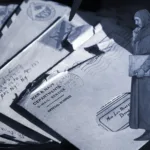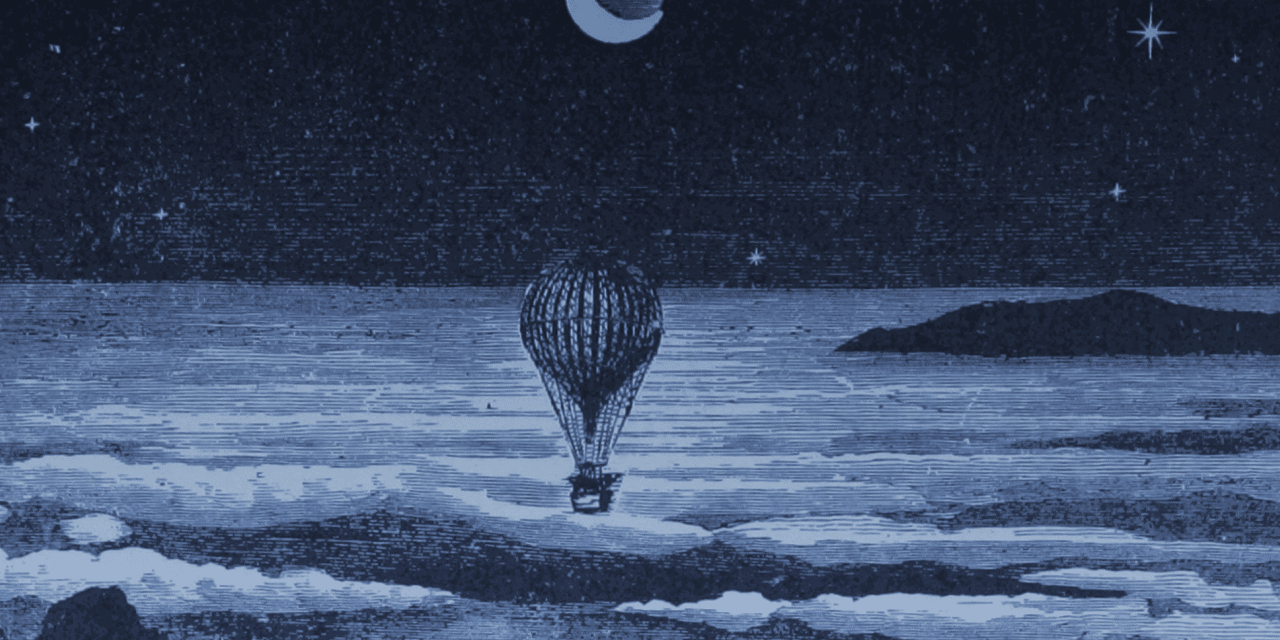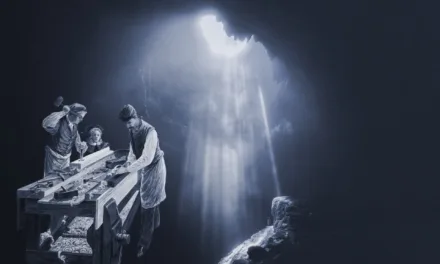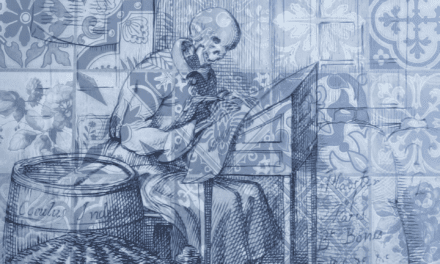
What Does it Mean to Start Your Story Late?

“Start late, leave early” is a screenwriting principle that has made its way into the wider writing world. Essentially, what it means is not to bother with endless background and info dump before action happens.
The less information you can provide before the first point of no return, the better. But why is this the case?
What it means to “start late”
In the first draft of my adventure novel, I wrote eight whole chapters before my character even started to think about going on their mission, or passing the “point of no return.” Consequently, it rambled.
I was spending too much writing time enjoying my character’s ordinary world that I started to want to keep her there. But if I had, there wouldn’t have been much of a story. Without an inciting incident or a point of no return, you don’t have a plot.
Starting your story late means beginning your narrative at a point where the action is already underway or the conflict is already established. Instead of spending time setting up the world, introducing characters, or providing backstory, you jump right into the heart of the story.
Here are a few examples of starting a story late:
- Opening with a character in the middle of a high-stakes situation
- Beginning with a conversation that reveals key information about the characters or plot
- Starting with a shocking or unexpected event that sets the story in motion
How to start your story late
The Outlander series is one of the inspiration novels I studied while preparing to write my own. In Outlander, action occurs quickly, and without warning. In fact, Claire has already gone through the stones to 18th century Scotland by the end of chapter 1 (that’s only a spoiler if you haven’t finished reading chapter 1. You should get on with it! It’s a great series).

In order to start my story “late,” I had to get to the point of no return a lot faster. I began to condense chapters, cutting lots of ideas. For example, a scene I wrote featuring my MC bonding with her best friend wasn’t necessary to the story’s advancement. I could easily cut it as it didn’t serve the plot.
Many writers are afraid to cut scenes because of some personal attachment to them. But in many cases, cutting scenes is better for your story. It helps with pacing and means that readers don’t get lost with an overload of unnecessary information.
If it makes you feel better, nothing that you write will ever be wasted, even if it doesn’t make it to the final draft. The process of writing each scene is important for you to learn more about the characters and their relationship dynamics. Once you know this, your scenes can be so much more powerful! And, you can always save anything you cut for use in other projects.
Here are a few more tips for starting your story late:
- Identify the most interesting or pivotal moment in your story and start there. This could be a point of high tension, conflict, or a major turning point for your characters.
- Use dialogue or action to reveal key information about characters or plot. Instead of relying on exposition, let the characters’ words and actions speak for themselves.
- Begin with a shocking or unexpected event that sets the story in motion. This could be a surprising revelation, a sudden change in circumstances, or a dramatic incident that propels the characters into action.
- Trust your reader to fill in the gaps and piece together the backstory as the narrative unfolds. You don’t need to provide all the information upfront; instead, let the reader discover it naturally as the story progresses.
Starting your story late doesn’t mean you can’t provide any context or backstory at all. It just means you need to be strategic about when and how you reveal that information. Focus on the most essential elements and weave them into the narrative in a way that feels organic and engaging.
Why start late?
Most writers put way too much information in early drafts. Too much information is incredibly useful to the writing process as it helps distill scenes and characters down to their essence. But as a writer, an important skill to develop is the ability to recognize which scenes you wrote are important, and which are just background worldbuilding. Just because you wrote it, doesn’t mean your readers have to read it. Instead, think of these extraneous passages as ways for you to better learn about your characters.
For example, in my novel, I knew that my character loved her best friend and hoped that she would return to him one day. Writing a long and sappy scene about why they loved each other and wanted to be together was how I first discovered the depth of their feelings. But that long and sappy scene was unbearable to read. It was basically real-life: sloppy and inarticulate. So I distilled their friendship down to one element that could show both the depth of their love and their commitment to the friendship. It took about 6 drafts to get there, but what I present to readers is a version that is airtight and powerful.

If we narrow this down our clear reasons for starting late are these:
1. It hooks the reader
When you start your story late, you create a sense of intrigue and mystery that hooks the reader from the very first page. They want to know what’s happening, who these characters are, and how they got into this situation. This immediate engagement keeps them turning the pages to find out more.
2. It avoids info-dumping
One of the biggest pitfalls for writers is info-dumping; providing too much background information or exposition at the beginning of the story. By starting late, you avoid this problem and instead weave necessary information throughout the narrative in a more natural and organic way.
3. It creates a sense of urgency
When you start your story in the middle of the action, you create a sense of urgency and momentum that propels the narrative forward. The reader feels like they’ve been dropped into a high-stakes situation and must keep reading to find out what happens next.
4. It allows for more efficient storytelling
Starting your story late allows you to focus on the most important and interesting parts of your narrative. You don’t waste time on unnecessary setup or exposition and can instead dive right into the meat of the story.
In summary
My belief is that the entire purpose of first and second drafts of novels is the process of learning about your world and characters so you can portray them better. It’s not until draft three that you actually begin writing the novel.
Feel free to info dump as much as you like in your early drafts, but when it comes to the editing process, then there is no greater advice than to start your novel “late”.






























Crystal, this is a great narrative that explains the process! Thank you for the insight!
Thanks, Aaron! 😀